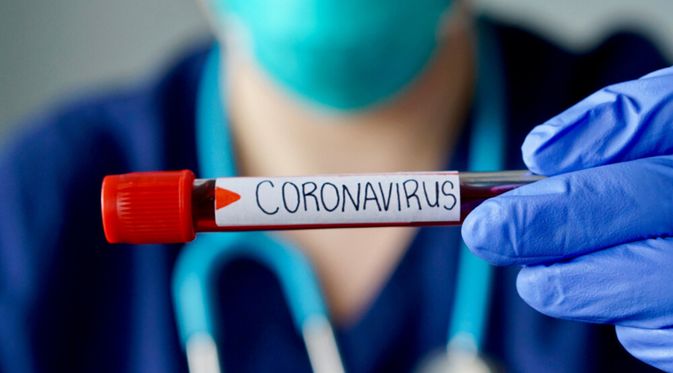Severe Acute Respiratory Syndrome Coronavirus 2 (SARS-CoV-2) is a virus that causes the 2019 coronavirus disease (COVID-19) which has affected not only on the health sector, but also various aspects of human life. The entry of this virus into cells requires the host cell receptor, angiotensin-converting enzyme 2 (ACE2) and transmembrane serine protease 2 enzymes(TMPRSS2). ACE2 receptors are found in some organs, including the testicles (testes) and semen sacs (seminal vesicles). TMPRSS2 is found in the epididymis (sperm ducts that attach to the surface of the testes), seminal vesicles, and prostate. Are the male reproductive organs susceptible to infection with SARS-CoV-2 virus? Does COVID-19 affect male reproductive function and IVF procedure?
The SARS-CoV-2 virus can infect the reproductive organs if the cells of the reproductive system have ACE2 and TMPRSS2 simultaneously. Spermatogonia (immature male germ cells) are the only cells that have the ACE2 and TMPRSS2 genes simultaneously in the testes, but cells that share these two genes simultaneously are very rare (0.05% of cells). Based on these findings, the testes have a low susceptibility to infection with the SARS-CoV-2 virus.
Testicular injury due to COVID-19
Although the testicles are less susceptible to infection with the SARS-CoV-2 virus, testicular pain has been reported as an atypical symptom of COVID-19. Some patients report discomfort in the scrotum (scrotum) or testicles. Examination of the testicles of 12 dead bodies due to COVID-19 showed that their testicles had been injured. However, the presence of the SARS-CoV-2 virus in the testes was only confirmed in one case. This suggests that COVID-19 can cause injury to the testicles both directly (infection of the testicular cells which is unlikely) and indirectly (through fever and increased levels of certain substances in the blood during infection in other organs).
A study in Hamburg reported hormonal changes that indicate testicular damage in the majority of COVID-19 patients, but these data were compared with laboratory reference values and not with data on patients while still healthy. Other data showed when COVID-19 patients were compared with the non-COVID-19 group, found that the ratio of the hormone testosterone (T) to luteinezing hormone (LH) decreased in the COVID-19 group. A decrease in the value of the T: LH ratio reflects reduced testicular function (hypogonadism) which can still be compensated for.
Data on the quality of semen of patients who are suffering or recovering from COVID-19 is still limited. Researchers in China reported three cases that analyzed semen from recovered patients and compared their results before the onset of COVID-19. There were no significant changes in semen in all cases. However, Holtmann and colleagues found that men who recovered from moderate-grade infection had a significant reduction in sperm quality compared with those who recovered from mild infections and from healthy groups. The presence of the SARS-CoV-2 virus in semen was only reported by one study whose sampling method was unclear. No attempts were made to avoid virus contamination from other sources during sampling.
The relationship between SARS-CoV-2 and IVF results has not been confirmed. Experts have made several recommendations to reduce the risk of transmitting the virus to patients, staff, germ cells and embryos. COVID-19 patients must postpone the IVF program. Although the SARS-CoV-2 virus is not present in semen, the IVF cycle needs to be postponed if the patient has SARS-CoV-2 virus infection. The presence of these patients in the hospital can increase the risk of spreading the virus to hospital staff and other visitors. COVID-19 interferes with male reproductive function through testicular injury either directly or indirectly. It is not yet known whether this testicular damage is temporary or permanent. Compensated hypogonadism has been documented while the impact of COVID-19 on semen quality is not very clear.
Penulis: Agustinus, dr., Sp.And
Details of this research can be viewed at:
https://www.worldscientific.com/doi/abs/10.1142/S1363919617500323
Hinting A, Agustinus, Pakpahan C (2020). A Review of the Impact of COVID-19 on Male Reproduction, and its Implications on Assisted Reproductive Technology Services. Fertility and Reprodution, 2(4): 1-6; https://doi.org/10.1142/S2661318220300081





